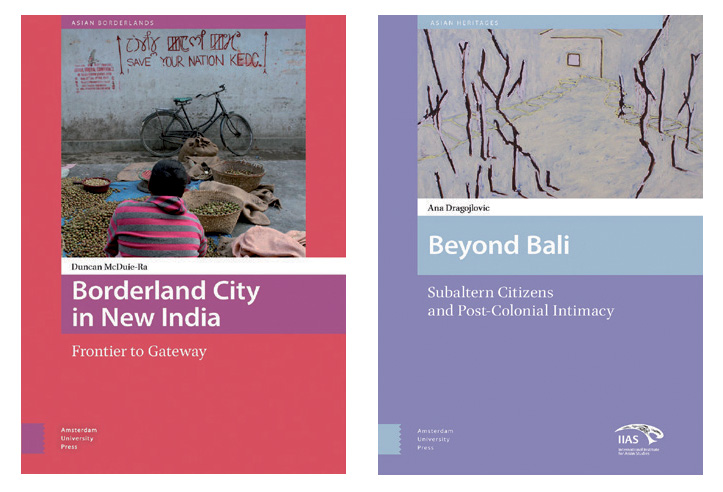Celebrating Asian Studies in Australia
<p>I work in Northeast India as a political anthropologist. Over the last fifteen years, Northeast India has become an important site for an array of scholarship. For security analysts, it is a place to study armed conflict and insurgency; human rights scholars have documented some of India’s worst cases of state violence in the region; for new fields like borderland studies the region is an important location to study connections and flows; and policy makers grapple with difficult questions about implementing development programs in militarized places.</p>
My own academic trajectory – from history, law, to anthropology – has enabled me to engage with the region in various ways. Conversations with academics, practitioners, and non-government organizations in the last fifteen years have allowed me to contribute towards debates about citizenship, politics, and resources both inside and outside the academy. Producing theoretically driven and ethnographically rich work means engaging with the eclectic intellectual community of scholars working on Asia and beyond. As a student of law in India, a graduate student in Hong Kong and California, a postdoctoral fellow in Sweden, and university lecturer in Australia today, I have truly experienced the richness of Asian Studies. And scholars across Australia have offered new concepts, methodologies, and theoretical frameworks to understand the ongoing social, economic, and political developments in Asia.
In 2016, I came across two excellent monographs published by Amsterdam University Press (AUP): Beyond Bali: Subaltern Citizens and Post-Colonial Intimacy (Asian Heritage Series) by Ana Dragojlovic, an anthropologist at the University of Melbourne, and Borderland City in New India: Frontier to Gateway (Borderland Series) by Duncan McDuie-Ra, Professor of Development Studies at the University of New South Wales (UNSW), Sydney. Many exciting works on Asian Studies have been published over the last few years, but these two works stand out for two reasons. Firstly, both scholars not only connect the reader to new concepts about place-making, mobility, and belonging, but also to people and regions in Asia (Bali and Northeast India) that are relatively underused as sites for engaging with critical and important themes in the social sciences. Secondly, the monographs assert the importance of paying attention to interconnections and crossings (both geographically and socially) in order to make original contributions to the academy.
Michael Herzfeld, professor of Anthropology at Harvard University and a member of the editorial board of the Asian Heritage Series at Amsterdam University Press explained the importance of Dr Dragojlovic’s work for the Heritage Series: “Our effort is to capture the dynamics of a very large continent, Asia, and the way in which scholarship has emerged here. Europe’s presence in Asia has been quite intimate through its history of colonialism. Ana’s book is about Balinese migrants in the Netherlands, and the vagaries of the concept of Balinese-ness. Her book describes a group of people who were caught in the conflict between the colonial powers and the local majority.”
Reflecting on her ethnographic journey, Dragojlovic said that the book project evolved from her doctoral dissertation at the Australian National University (ANU). Initially she was intrigued to explore how Balinese people created a particular image of uniqueness as a result of their contact with anthropologists, Euro-American artists, and the Dutch colonial state since the beginning of the twentieth century. Dragojlovic noted that her encounters with Balinese interlocutors in the Netherlands “caused a major puzzle” because they were not critical about Dutch colonialism. However, it was such ethnographic surprises that enabled her to present and meticulously discuss new concepts such as postcolonial intimacy in her monograph.
The variety and breadth of scholars in Australia working on Asia is impressive, and my conversations with graduate students and prospective candidates affirm that the future of Asian Studies is a vibrant and exciting one. My encounters with Dr Dragojlovic and Professor McDuie-Ra’s works give me reason to celebrate Asian Studies in Australia.
Dolly Kikon, School of Social and Political Sciences, University of Melbourne (dolly.kikon@unimelb.edu.au).
